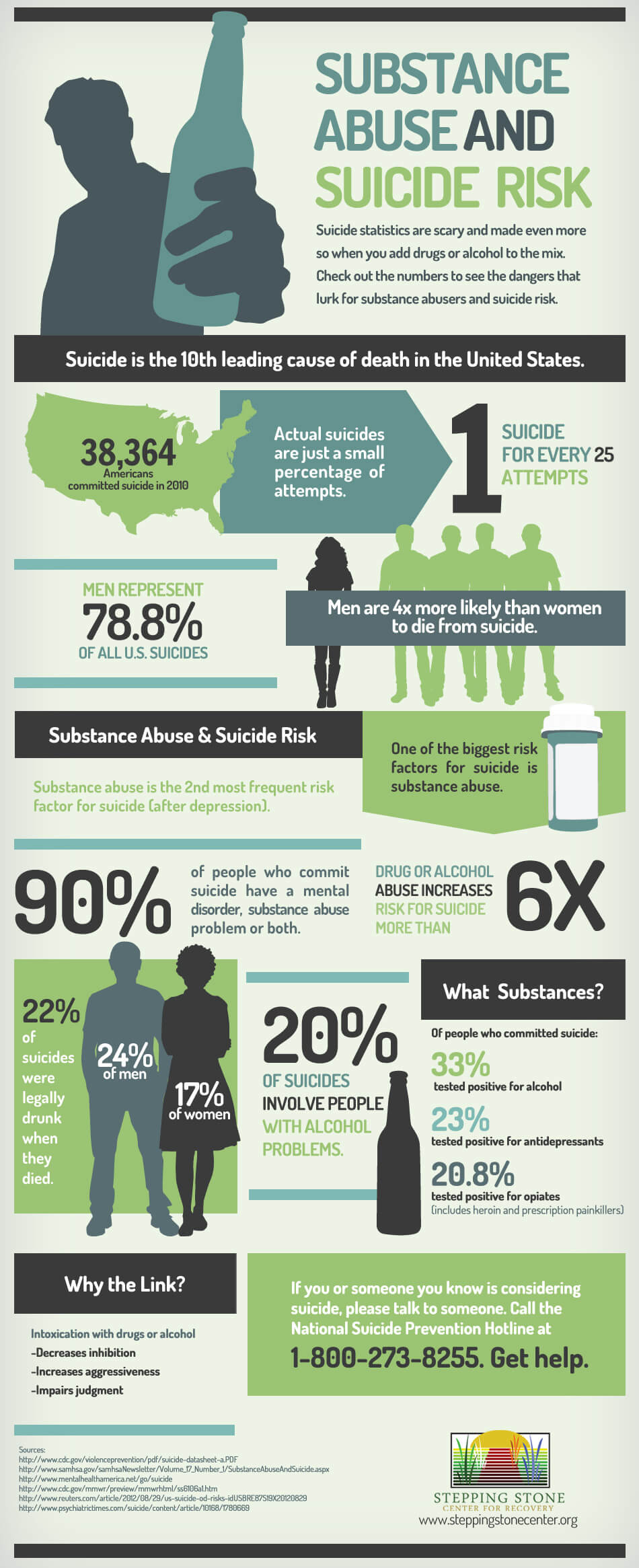After Completing Drug Rehabilitation, It's Essential To Have A Strong Support Group In Place To Ensure Long-Lasting Healing. Discover Just How Aftercare Programs Can Help You Keep Sobriety And Develop A Satisfying Life
After Completing Drug Rehabilitation, It's Essential To Have A Strong Support Group In Place To Ensure Long-Lasting Healing. Discover Just How Aftercare Programs Can Help You Keep Sobriety And Develop A Satisfying Life
Blog Article
Staff Author-Thrane Webster
You can't do it alone. Recovery from drug dependency calls for a solid support group.
The importance of aftercare in drug rehabilitation can not be overemphasized. In this short article, we will explore the role of counseling, the advantages of treatment, and the structure supplied by peer support groups in keeping sobriety.
So, get hold of a mug of coffee, sit back, and let us assist you via the crucial actions of post-rehabilitation support.
The Function of Therapy in Aftercare
If you wish to preserve your sobriety after leaving rehabilitation, it's vital that you proceed participating in counseling sessions as part of your aftercare plan.
Counseling plays a crucial duty in your healing trip by providing continuous assistance, guidance, and a safe area to reveal your feelings and worries.
Through therapy, you can address any underlying problems that might have contributed to your addiction, create coping strategies, and discover much healthier ways to manage stress and food cravings.
It allows you to resolve any kind of unsettled emotions and develop a much better understanding of on your own and your triggers.
The Advantages of Therapy in Keeping Sobriety
To preserve your soberness, therapy can give numerous benefits.
- Get Source offers a risk-free area for you to check out and address the underlying issues that might have added to your addiction.
- It allows you to work through your feelings and develop healthier methods of handling tension and causes.
- With treatment, you can get a much better understanding of yourself and your patterns of behavior, which can aid you make positive changes in your life.
- Additionally, treatment provides you with a support system of specialists who are trained to direct and assist you on your journey to healing.
- They can supply valuable understandings, tools, and strategies to assist you browse the obstacles that may emerge.
- In treatment, you can discover to create healthy coping skills, construct strength, and enhance your overall well-being.
Peer Support System: A Structure for Lasting Recuperation
You can find long-term recuperation by proactively joining peer support system and connecting with others who share similar experiences and objectives.
Peer support system provide a safe and non-judgmental area where people in healing can integrate to share their struggles, successes, and understandings. By proactively participating in these teams, you can obtain the assistance and motivation you require to stay on the course of recovery.
Getting in touch with others who have actually experienced similar experiences can be exceptionally equipping, as it aids you realize that you aren't alone in your journey. visit this website link allows you to gain from others that've effectively gotten rid of similar obstacles. Together, you can commemorate turning points, hold each other answerable, and offer guidance and recommendations.
Through these connections, you can construct a solid support group that will certainly assist you browse the ups and downs of recovery and eventually find enduring recovery and makeover.
Final thought
You've found out about the critical function of aftercare in drug rehabilitation. Therapy, treatment, and peer support groups add to lasting recuperation. Here's https://notes.io/wgyLJ to comprehend the magnitude of the problem: research studies reveal that people who receive aftercare treatment are 50% more likely to keep sobriety compared to those who do not.
So, imagine the transformative power of these support systems in aiding people reclaim their lives and construct a brighter, drug-free future.
